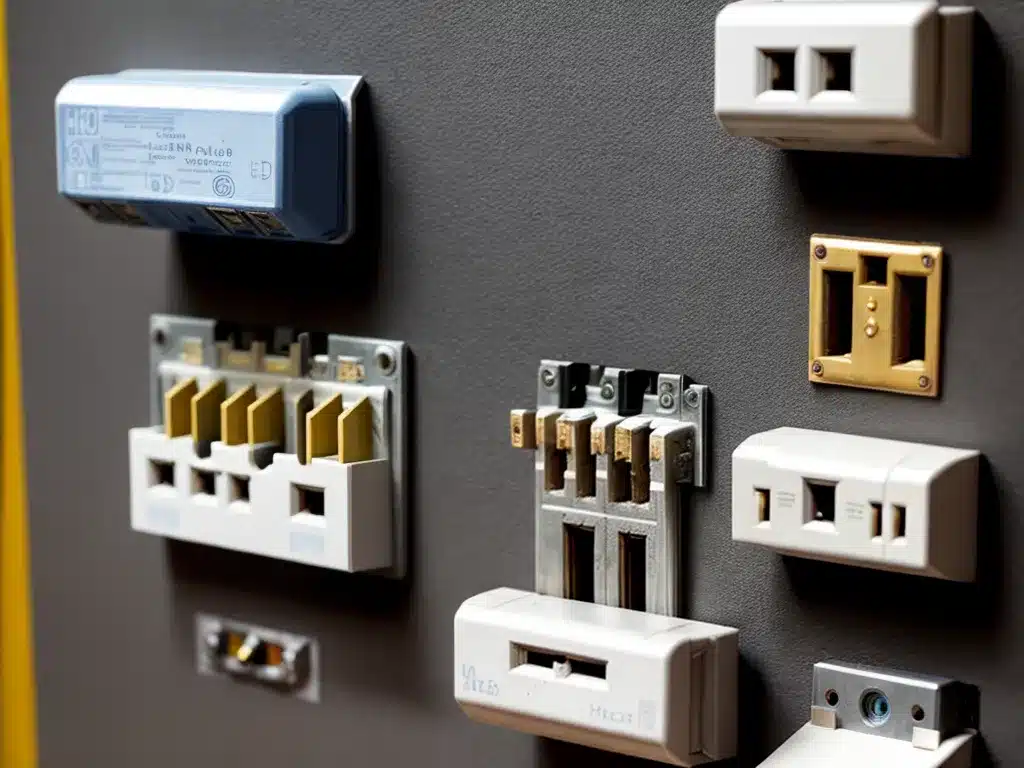 Electrical Fire Hazard” />
Electrical Fire Hazard” />
How to Tell if Your Universal Sockets Are an Electrical Fire Hazard
Universal electrical sockets allow you to plug in appliances from different countries by adapting the prongs to fit a variety of outlet styles. However, using the wrong adapter or low-quality sockets can lead to hazardous conditions that may cause fires or electrocution. Here is how to inspect your universal sockets and recognize potential risks:
Inspect the Materials and Construction
The quality of the materials and manufacturing significantly impacts the safety of universal sockets. Poor quality materials and shoddy construction often lead to hazards.
- Metal parts should be sturdy and not bend or break easily. Weak metal can overheat.
- Plastic housing should not have cracks, thin spots, or burn marks. Defective plastic can melt or ignite.
- Exposed wiring and soldering should be minimal. Excessive exposure indicates poor waterproofing that allows shorts.
- Spacing between adapters must prevent pins from contacting each other. Insufficient spacing risks shorts and shocks.
- There should be no sharp edges or gaps that allow fingers to contact live parts.
Closely examine the integrity of the materials and quality of the craftsmanship. Avoid universal adapters that seem flimsy, cheap, or shoddy.
Check for Proper Grounding
Grounding protects you by diverting electricity away from your body in a fault condition. Lack of proper grounding is one of the biggest hazards of universal adapters.
- Adapters should have a ground pin or wire that connects to the ground in the outlet.
- The ground pin or wire should be firmly secured to a grounded conductive pathway inside the adapter.
- Continuity testing can verify grounding from outlets through the adapter.
If adapters have no dedicated ground connections, do not trust them to be safe. Proper grounding is essential to prevent electric shocks.
Confirm Ratings Match Your Electrical System
Using an adapter meant for a different voltage or wattage than your outlet supplies exposes you to fire risks:
- Voltage (V) must match your outlet voltage. 120V adapters can overheat on 230V. 230V types will not run appliances properly on 120V.
- Wattage (W) limits must meet appliance needs. Underrated adapters can melt from excess current.
- Hertz (Hz), 50 or 60, should match too. Minor hertz differences are usually OK.
- The amperage rating should exceed your appliance’s amps. Too little causes overheating.
Carefully check that the adapter ratings are appropriate for the electrical supply you plan to use. Mismatched voltage, in particular, can be extremely hazardous.
Watch for Damage and Overheating
With use over time, wear and tear can allow dangerous malfunctions to develop:
- Frequent unplugging and plugging can damage pins and connections leading to shorts.
- Cracks or burn marks indicate past overheating events. Further overheating is likely.
- Heat damage causes insulating materials to degrade, increasing the risks of faults.
- Loose parts or rattling sounds are warning signs of internal connection issues.
Carefully inspect the adapter before each use and cease using immediately if you spot any damage. Continued use will likely lead to catastrophic overheating and fire.
Do Not Use Near Flammables or Unattended
Even if universal adapters appear in good condition, exercise caution:
- Never use them surrounded by flammables like bedding or drapes. Faults may ignite materials.
- Don’t leave appliances plugged in unattended for long periods. Malfunctions may develop into fires.
- Avoid connecting high-draw appliances like heaters that push the limits of the adapters.
- Do not daisy-chain multiple adapters together. Overloading can cause melting or fires.
The safest practice is to directly plug appliances into native outlets without adapters whenever possible. When adapters are necessary, use with care and vigilance.
Conclusion
Universal electrical sockets can provide useful flexibility but also expose you to shock and fire risks if used improperly. Carefully inspect adapter quality and ratings. Check for damage before each use. Avoid leaving appliances unattended. With vigilance and common sense, universal adapters can be used safely in most situations. However, directly plugging into a native outlet is always the safest option.
